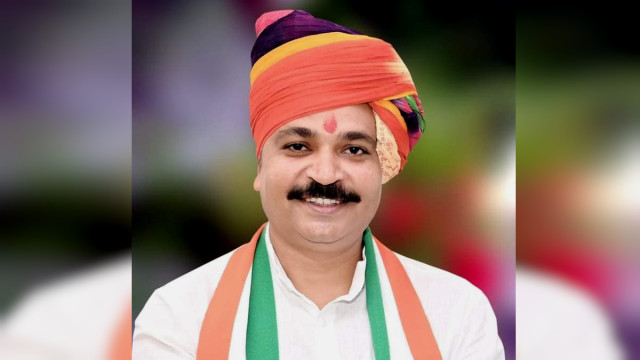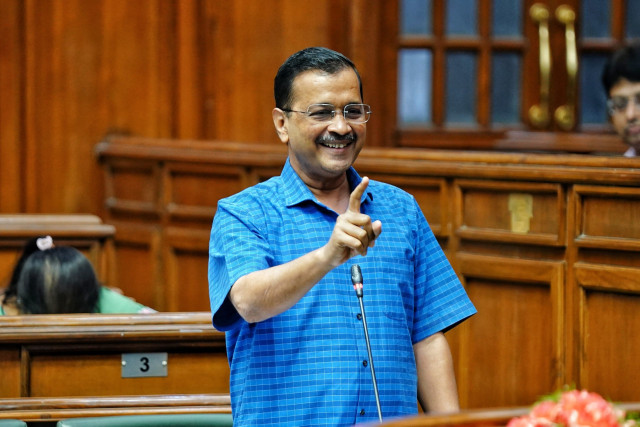Nitish Kumar’s JDU Supports One Nation One Election, Excluding Local Body Polls
- Posted on February 18, 2024
- Politics
- By Arijit Dutta
- 400 Views
Nitish Kumar's Janata Dal (United), led by Nitish Kumar, has extended support to the One Nation One Election idea, except for local body polls. The party expressed its stance to a committee led by Ram Nath Kovind, advocating for synchronized Lok Sabha and Assembly elections while separating municipal and panchayat polls. JD(U) emphasized the importance of consolidated elections to bolster governance structures, citing reduced financial burdens and the potential for more stable policy implementation. They suggested that simultaneous elections could enhance voter turnout and engagement. Additionally, representatives from JD(U) and RSS-affiliated Akhil Bharatiya Adhivakta Parishad presented their views to the committee.
 Image Source -www.english.pardaphash.com
Image Source -www.english.pardaphash.com
Nitish
Kumar's Janata Dal (United), led by the stalwart politician Nitish Kumar, has
thrown its weight behind the contentious proposal of One Nation One Election,
advocating for simultaneous polls across the country. However, the party's
endorsement comes with a caveat: it excludes the integration of local body
elections within this synchronicity. This nuanced stance was communicated to a
high-level committee helmed by former President Ram Nath Kovind on February 17.
The
crux of JD(U)'s position, as articulated by the party's leadership to the
Kovind panel, lies in the synchronization of elections to the Lok Sabha and
state assemblies, aligning with the overarching vision of streamlined
governance processes. This endorsement emphasizes the importance of
consolidating electoral cycles to enhance administrative efficiency and
minimize disruptions caused by staggered polls.
In
a memorandum presented to the committee, JD(U)'s general secretary Sanjay Kumar
Jha, and parliamentary party leader Rajiv Ranjan Singh reiterated the party's
belief in the significance of synchronized elections. They argued that such an
approach would not only alleviate the financial burden associated with frequent
electoral campaigns but also facilitate more coherent and consistent policy
implementation by elected representatives.
The
party's rationale draws support from various reports, including those from the
Law Commission and parliamentary committees, which have underscored the
potential benefits of synchronized polls. These advantages range from cost
savings to the promotion of long-term policy objectives over short-term
electoral considerations.
Moreover, JD(U) posits that synchronized elections could engender a more engaged electorate by reducing voter fatigue and simplifying the voting process. By consolidating multiple elections into a single event, voters are presented with a holistic opportunity to participate in the democratic process, potentially leading to heightened civic engagement and participation.
Also Read: Ravichandran Ashwin Exits Rajkot Test Over Family Health Crisis
While
endorsing the One Nation One Election proposal, JD(U) remains steadfast in its
stance against amalgamating local body elections with the synchronized
electoral framework. The party advocates for the separate conduct of municipal
and panchayat elections, citing distinct governance structures and electoral
dynamics at the grassroots level.
The
JD(U)'s nuanced endorsement of One Nation One Election underscores the
complexities inherent in electoral reforms and the imperative of balancing
overarching goals with local considerations. As political discourse surrounding
electoral reforms continues to evolve, JD(U)'s position contributes to the
ongoing dialogue on enhancing the democratic process in India.




